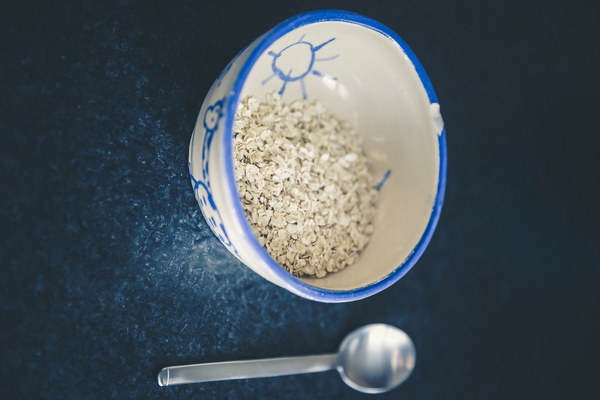Navigating Pre-Hypertension A Comprehensive Guide to Body Care
Living with pre-hypertension, the stage before full-blown hypertension, requires a proactive approach to maintain a healthy lifestyle. Pre-hypertension is a condition where blood pressure levels are higher than normal but not high enough to be classified as hypertension. It is crucial to take immediate action to prevent it from progressing to a more severe form. Here is a comprehensive guide to body care for those with pre-hypertension.
1. Dietary Changes
A well-balanced diet is essential for managing pre-hypertension. Follow these tips to keep your blood pressure in check:
- Reduce Sodium Intake: Excessive salt can lead to high blood pressure. Limit your daily sodium intake to less than 2,300 milligrams and aim for no more than 1,500 milligrams if you have pre-hypertension.
- Increase Potassium: Foods rich in potassium can help lower blood pressure. Include bananas, avocados, sweet potatoes, and leafy greens in your diet.
- Eat More Fruits and Vegetables: These are high in fiber and low in calories, which can help manage weight and reduce blood pressure.
- Choose Whole Grains: Replace refined grains with whole grains to increase fiber intake and reduce the risk of hypertension.
- Limit Processed Foods: Processed foods often contain high levels of sodium, sugar, and unhealthy fats.
2. Regular Exercise
Physical activity is vital for maintaining a healthy weight and lowering blood pressure. Aim for at least 150 minutes of moderate aerobic exercise or 75 minutes of vigorous aerobic exercise per week. In addition, incorporate strength training exercises two to three times a week.
3. Maintain a Healthy Weight
Being overweight or obese can increase your risk of developing hypertension. Losing weight can help lower your blood pressure. Aim for a gradual weight loss of 1 to 2 pounds per week by combining dietary changes and regular exercise.
4. Manage Stress
Chronic stress can contribute to high blood pressure. Practice stress-reducing techniques such as deep breathing, meditation, yoga, or tai chi. Spending time with friends and family, engaging in hobbies, and taking breaks during the day can also help manage stress levels.
5. Limit Alcohol Consumption
Excessive alcohol consumption can raise blood pressure. Limit your alcohol intake to one drink per day for women and two drinks per day for men.
6. Avoid Smoking
Smoking can damage your arteries and increase your risk of hypertension. Quitting smoking can significantly improve your health and reduce your risk of developing hypertension.
7. Regular Health Check-ups

Regular visits to your healthcare provider are essential to monitor your blood pressure and manage pre-hypertension. Your doctor may recommend medication or other treatments if your blood pressure remains high.
8. Stay Hydrated
Drinking plenty of water can help maintain healthy blood pressure levels. Aim for at least eight glasses of water per day, depending on your activity level and climate.
9. Sleep Well
Adequate sleep is crucial for maintaining a healthy blood pressure. Aim for 7-9 hours of quality sleep per night.
10. Educate Yourself
Stay informed about hypertension and its risk factors. Knowledge is power, and understanding your condition can help you make better decisions about your health.
In conclusion, managing pre-hypertension requires a multifaceted approach that includes dietary changes, regular exercise, stress management, and other lifestyle modifications. By following these guidelines, you can reduce your risk of developing hypertension and improve your overall health. Remember, it's never too late to start taking care of your body.









